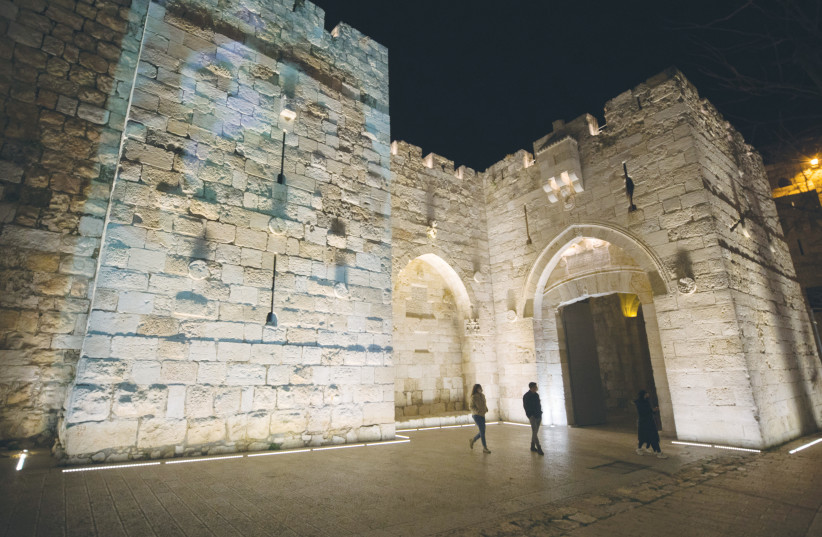Last December, the Patriarchs and Heads of Local Churches of Jerusalem issued a statement regarding a current threat to the Christian presence in the Holy Land, warning that “throughout the Holy Land, Christians have become the target of frequent and sustained attacks by fringe radical groups.”
The official Israeli reaction was far from restrained or diplomatic – declaring the accusations “baseless and distorting the reality of the Christian communities in Israel, who enjoy freedom of religion and full worship, is constantly growing and is part of the special fabric of Israeli society,” adding that “this statement by church leaders in Jerusalem is infuriating considering their silence in the context of the plight of many Christian communities in the Middle East suffering from discrimination and persecution.”
Dr. Amon Ramon, senior researcher Christian churches and communities in the Holy Land, tells us more on the background of these mutual accusations, and why the honeymoon between the Jewish state and the churches has turned sour.
“Most Arab Christian communities face a demographic crisis, with fewer children and immigration,” opens Ramon. They are in a state of stagnation – demographically, as official numbers hardly change or grow, there are 13,000 Arab Christians (representing no less than 15 different churches) and another 2,000 non-Arab Christians as teachers and immigrants from the FSU who are registered as Christians, while in contrast, Muslims and Jews are growing rapidly. “But in fact,” adds Ramon, “the crisis begins with the period of the first intifada, when the first Latin Arab patriarch Michel Sabah was appointed. Ever since [1987], Church leaders are not just religious leaders of their communities, but also take care of the civic needs of their communities, who are Palestinians.”
But what are the Christian communities afraid of? The list of reasons for concern of the churches is long and things have only worsened in recent years. The takeover of the two hotels at the entrance to the Jaffa Gate, as Ramon explains, means in their eyes that Jewish extremists are dragging the government to eventually expel the Christians from the city. They don’t see it as a real estate affair but as planned by strong elements in the Israeli establishment.”

But there is more. Since 2012, there have been countless incidents of physical and verbal assaults against priests and other clergy, attacks on Christian churches, with holy sites regularly vandalized and desecrated, and ongoing intimidation of local Christians. Armenian priests have been harassed time and again; many hide their cross when leaving the Armenian Quarter. Meanwhile, repeated cases of radical groups who regularly intimidate local Christians, assault priests, clergy and desecrate holy sites and church properties are not seriously handled by the police.
The Christian communities view the attacks on clerics by Jews and the inability of the police to provide them with protection with concern. Further, the Ateret Cohanim organization intends to enter two large buildings owned by the Greek Patriarchate in the Christian Quarter that symbolizes to them the danger to their communities; it is feared that the Christian holy places will be turned into museums. There is a feeling that they are not important enough to come higher in Israeli priorities.
